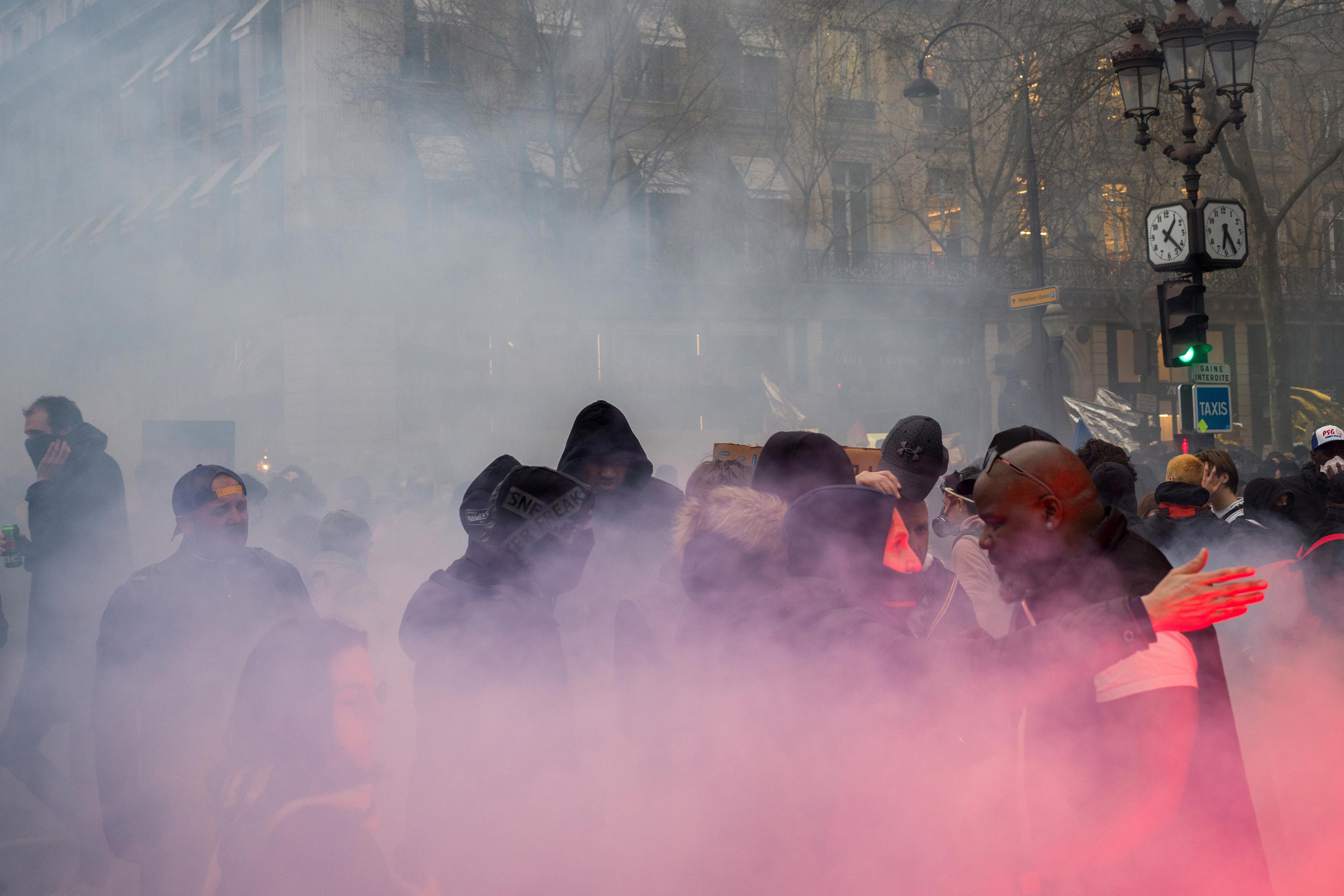
Experiments in resistance
When I tested people’s blood after a protest, I discovered that science itself could be a form of dissent
Alexander Samuel, as told to Christine Ro

When I tested people’s blood after a protest, I discovered that science itself could be a form of dissent
Alexander Samuel, as told to Christine Ro
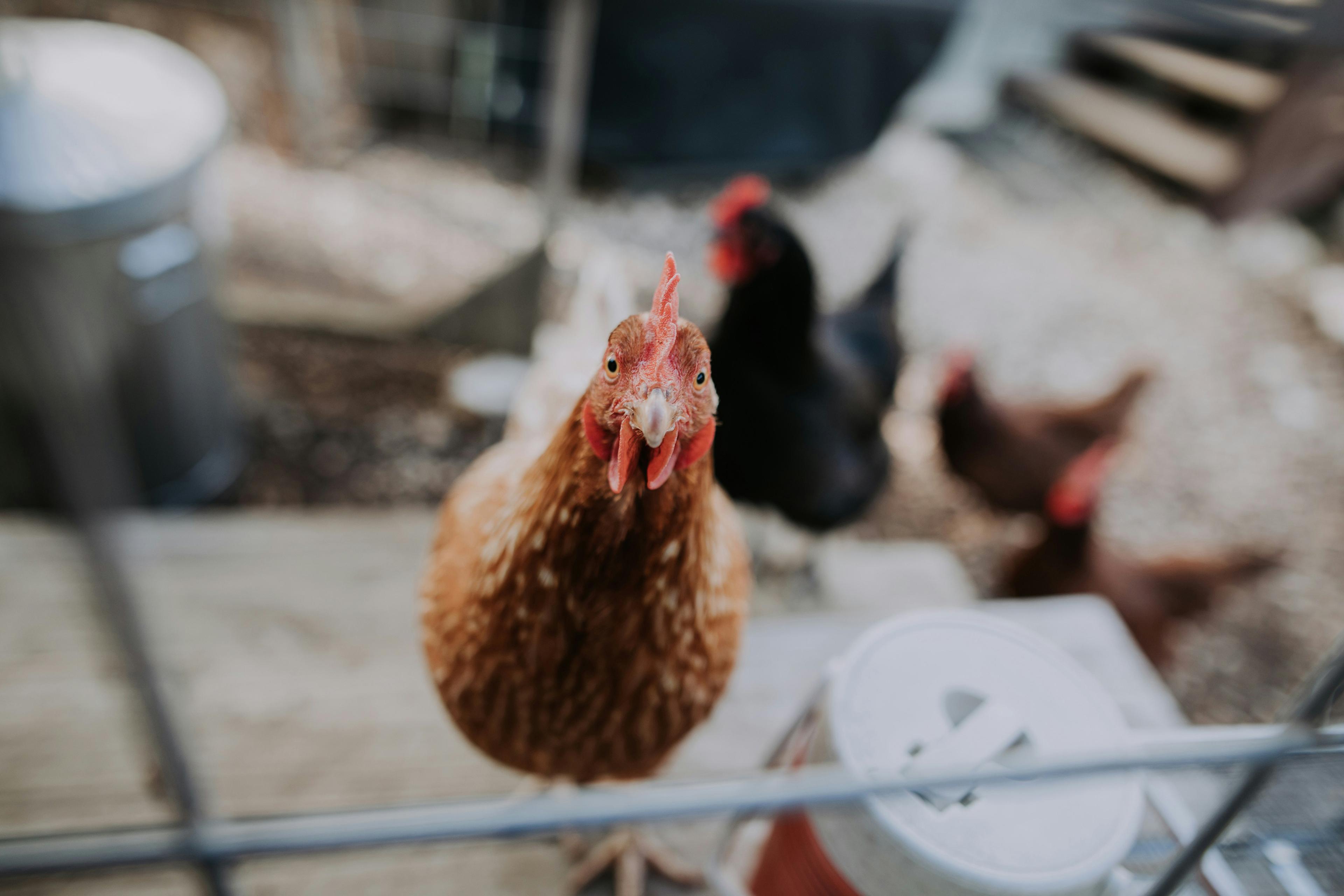
An uncomfortable reminder of the tension between your beliefs and behaviour might give you the push you need to change
by Matt Huston
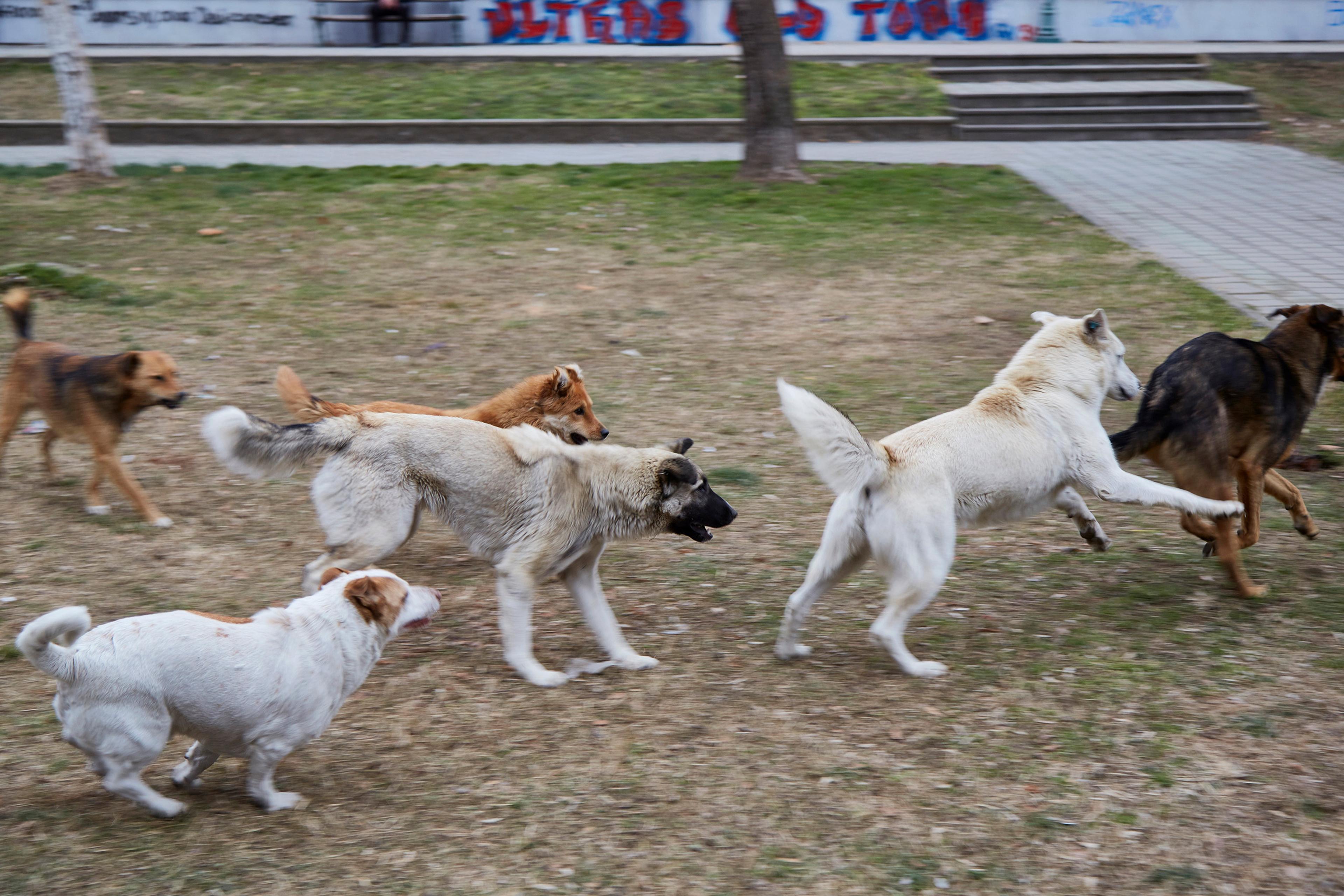
I wrote a book about dogs as pets. But I truly understood them only after I was bitten by a street dog
by Margret Grebowicz
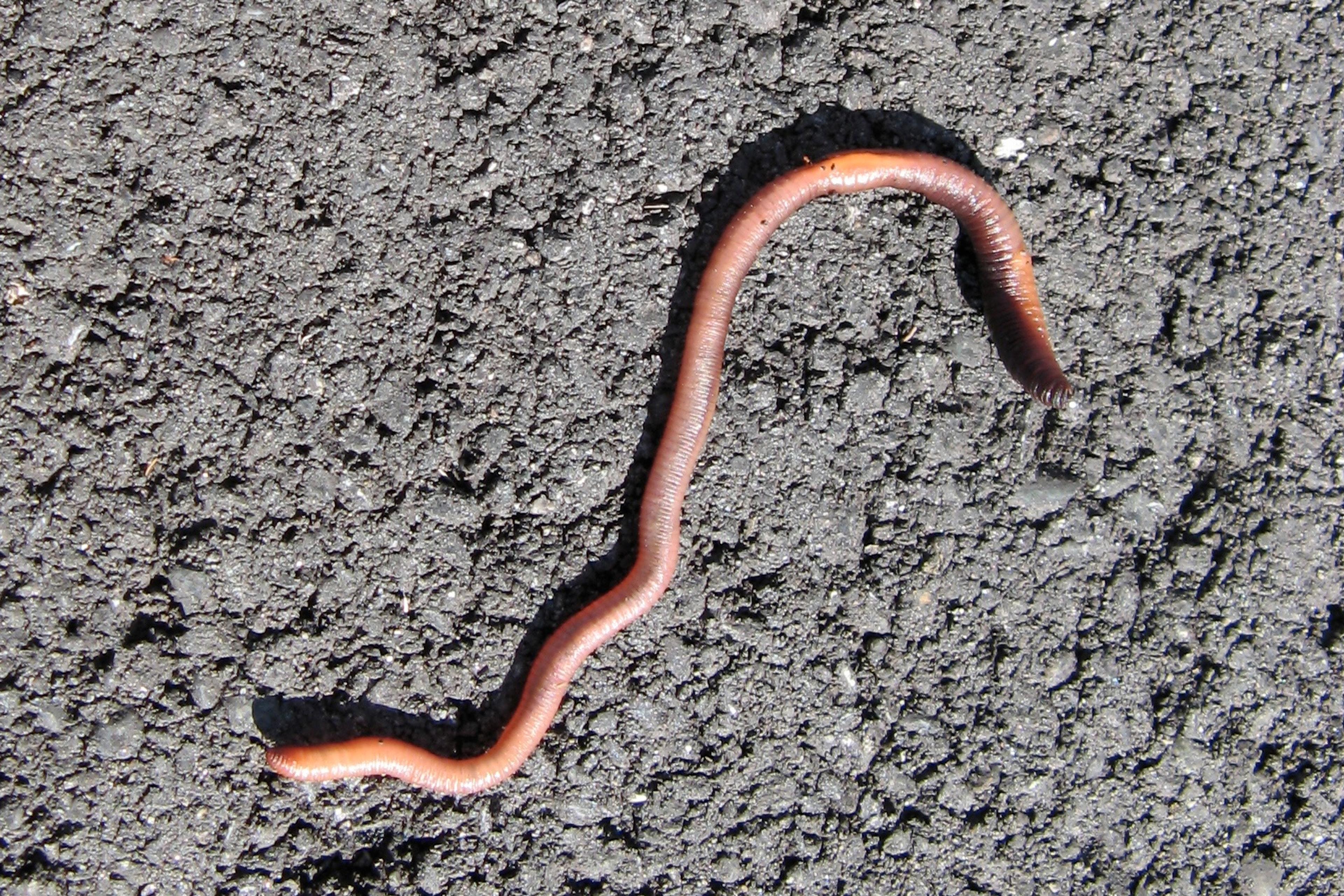
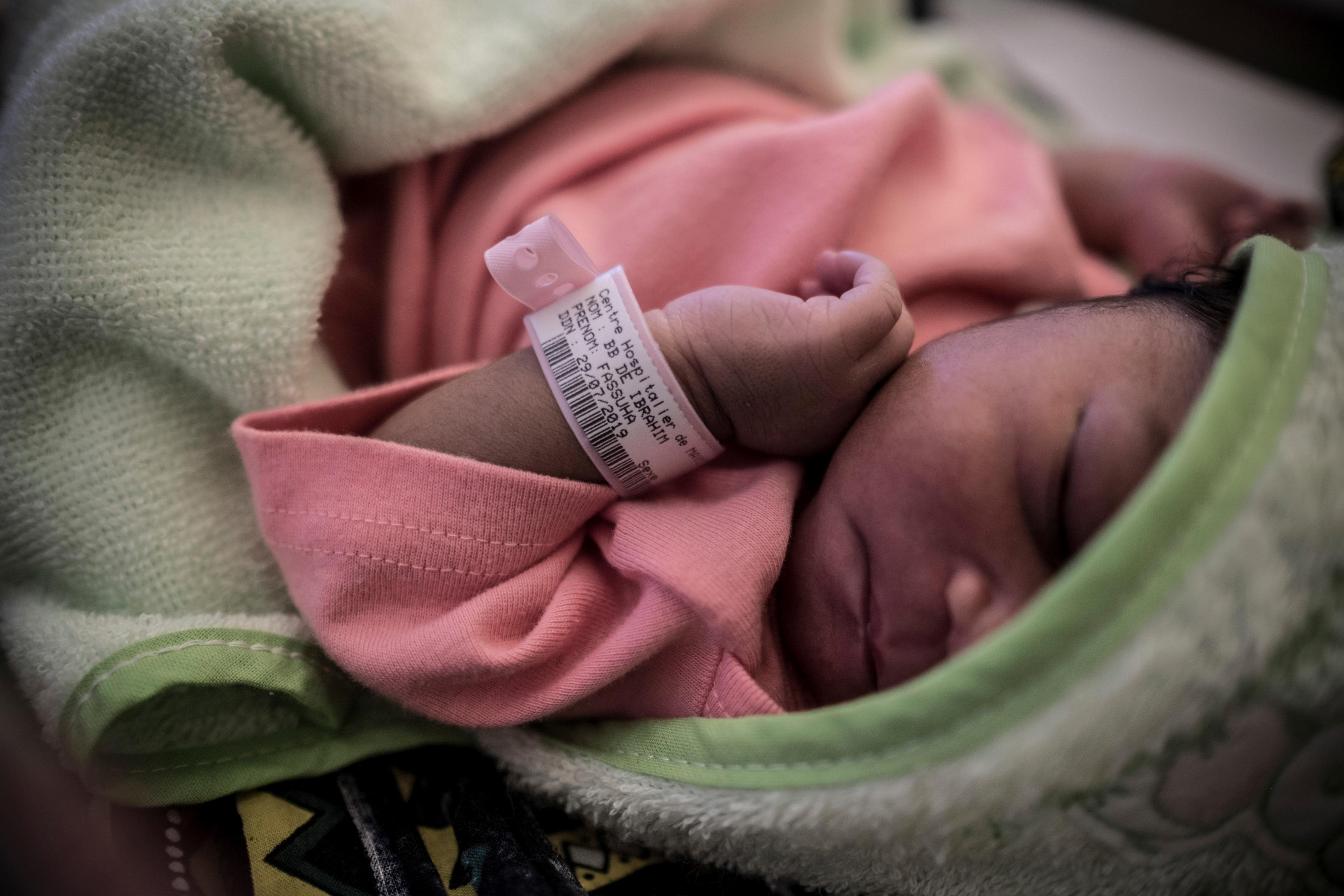
We can’t ask babies what they’re feeling, but ingenious new methods are shedding light on the origins of subjective awareness
by Joel Frohlich
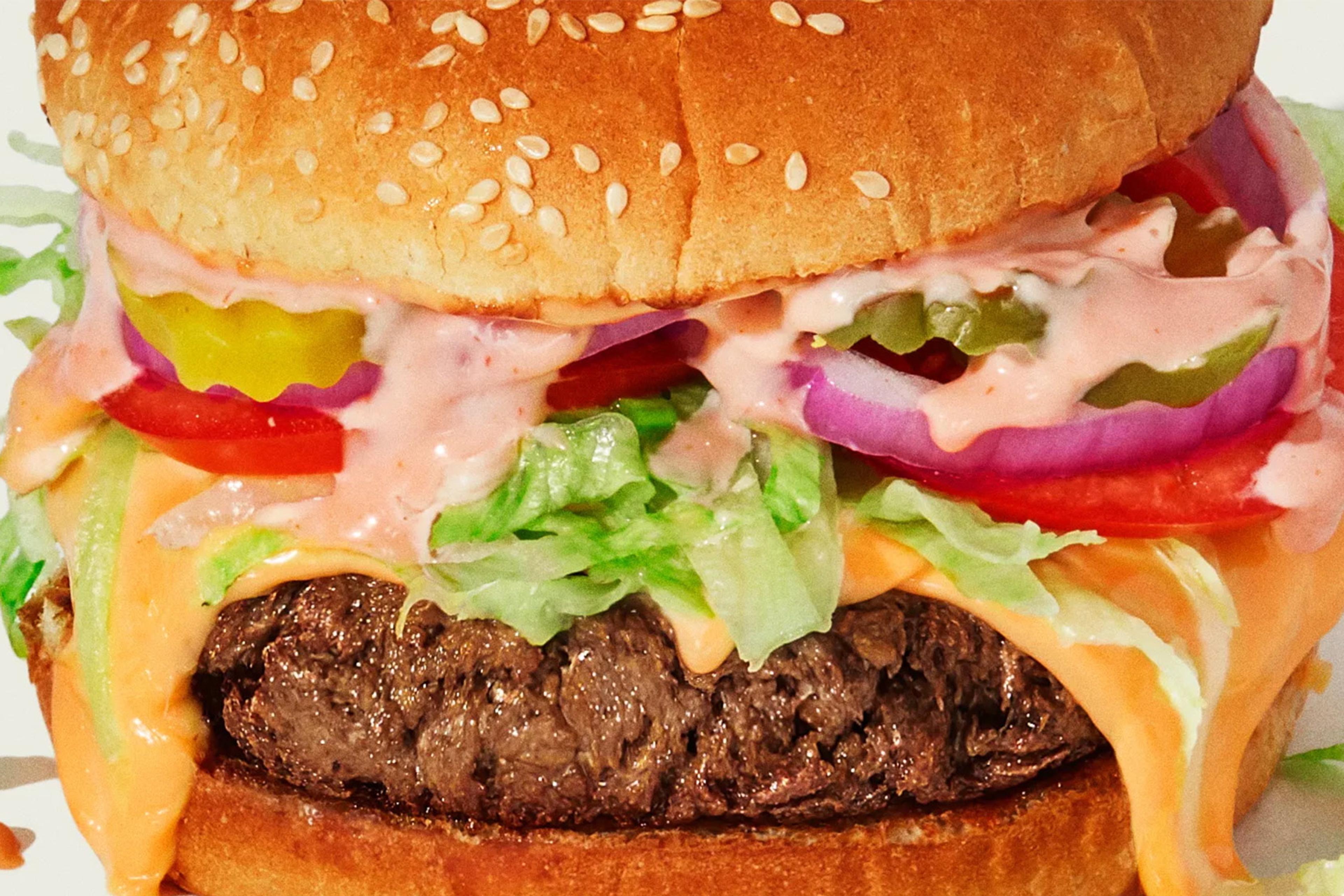
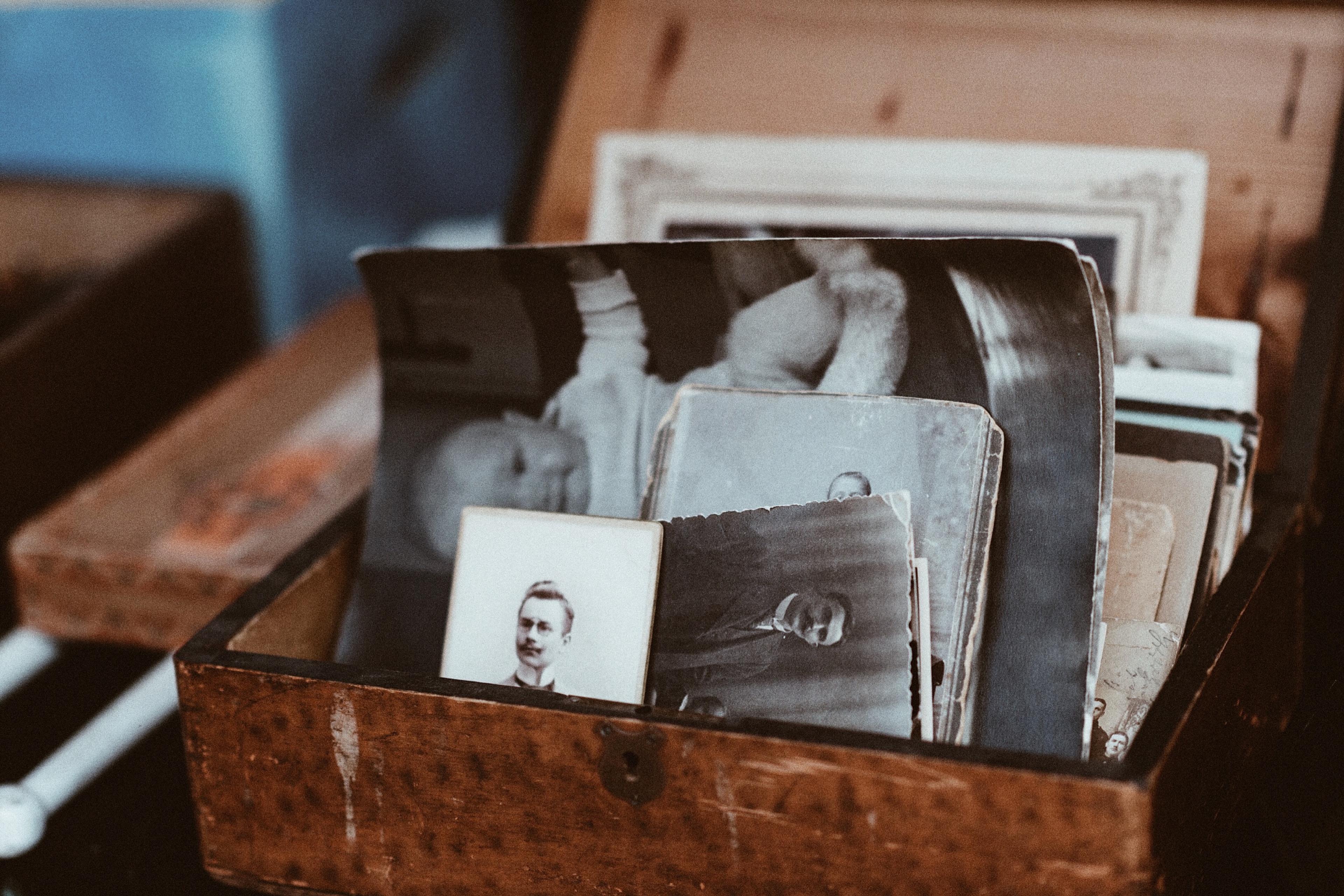
My uterus is not my ancestors’ vessel for future progeny. What’s the impact of my choice on my family’s genetic lineage?
by Starre Vartan
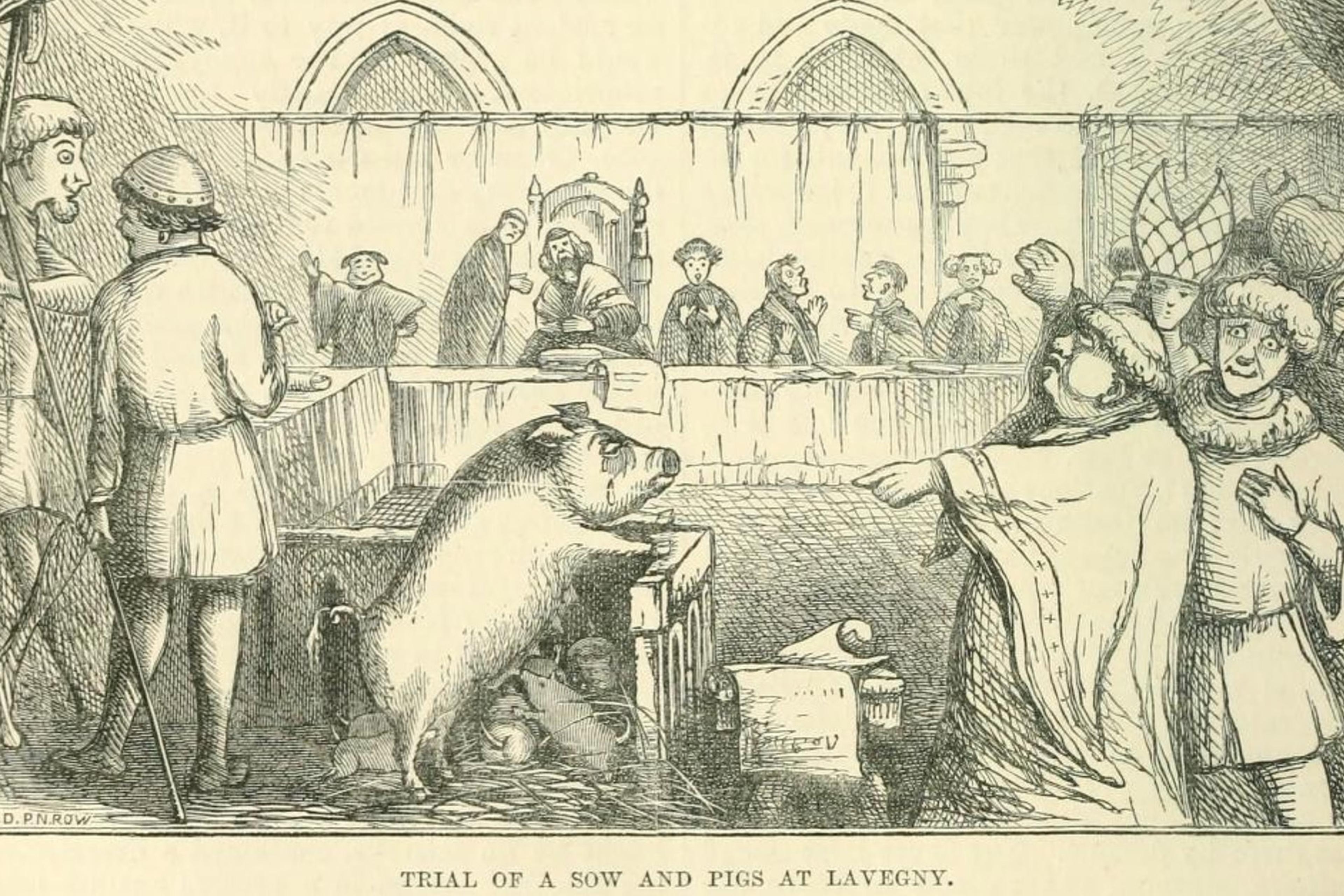
Were medieval trials of animal criminals not a sign of backwardness, but in fact strangely progressive?
by Ed Simon

Functional brain scans are a valuable tool but their meaning must be interpreted with caution and scepticism
by Danielle Carr
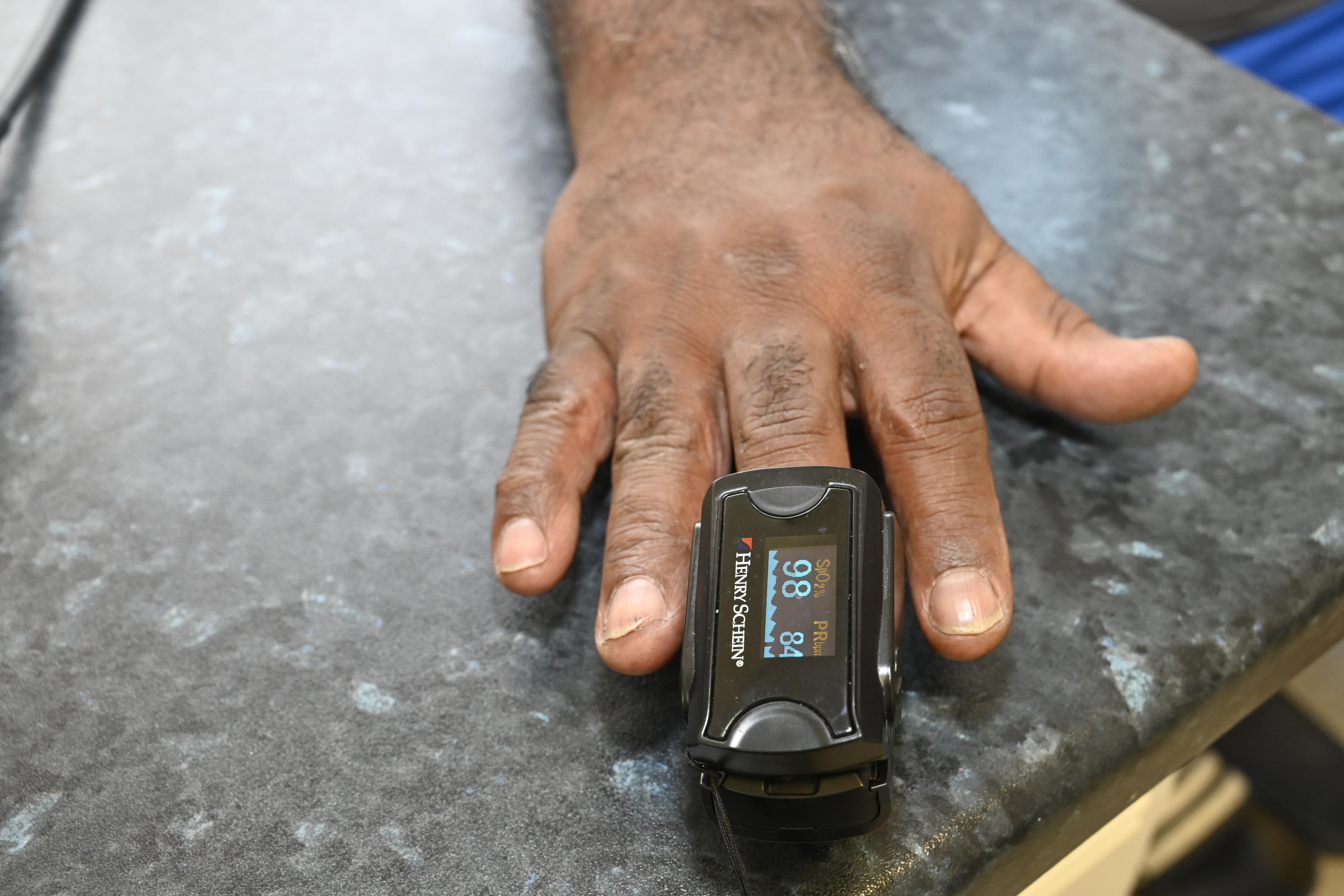
Oppression can get built into anything, including medical devices. How do they influence us, and what can we do about them?
by Vanessa Carbonell & Shen-yi Liao
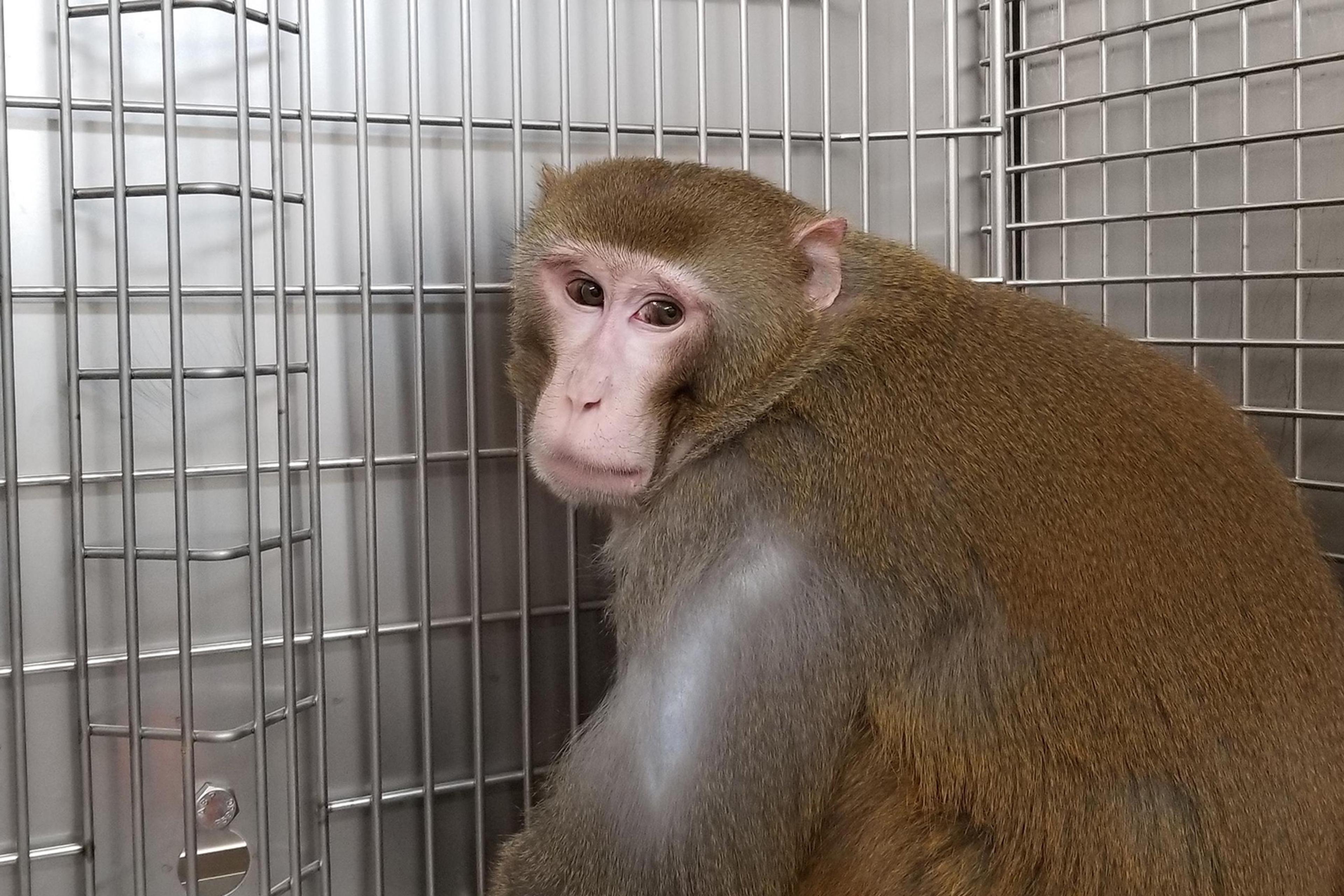
The scars on my body are a constant reminder of why I’ve turned from scholarship on animals to agitating for animals
by Barbara J King
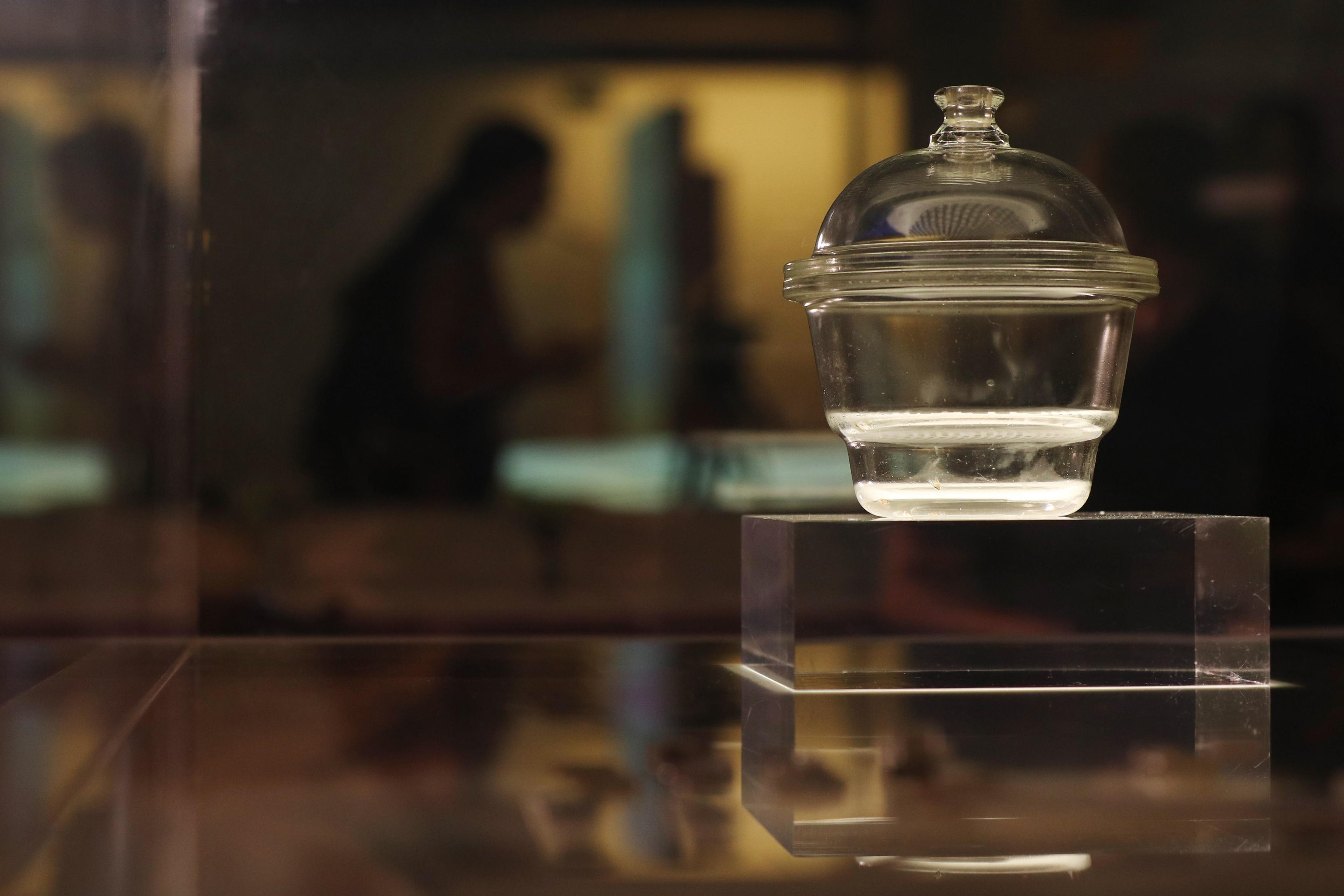
Weighing up the science and the ethics of research on human embryos beyond its current 14-day restrictions
by David Cox